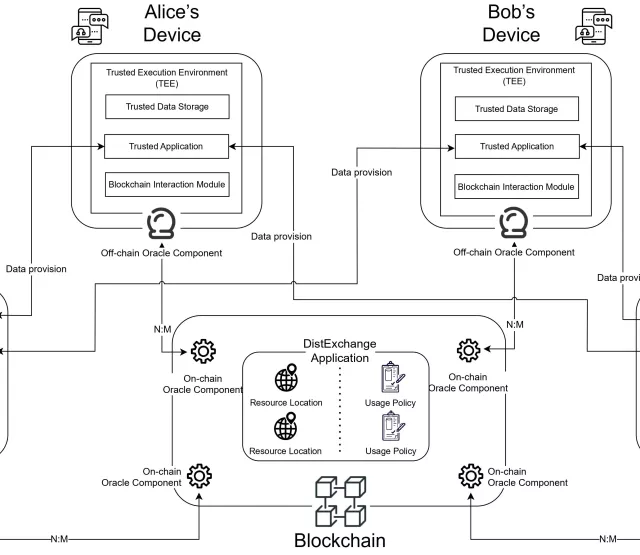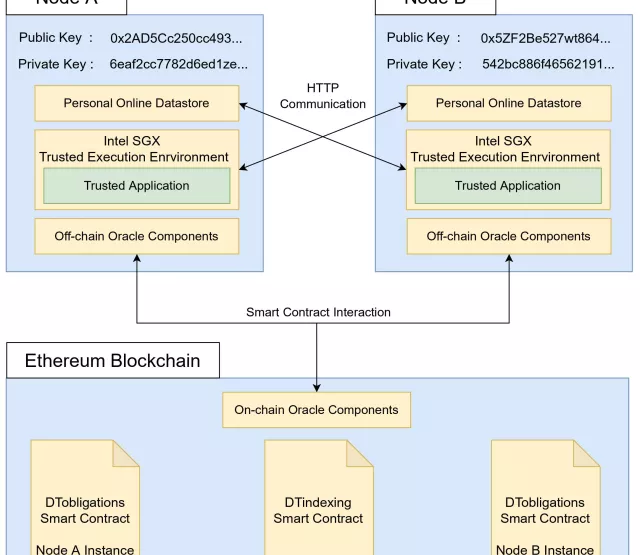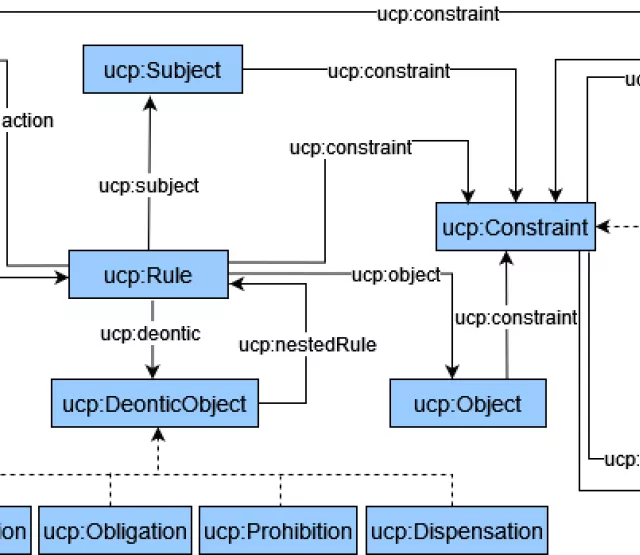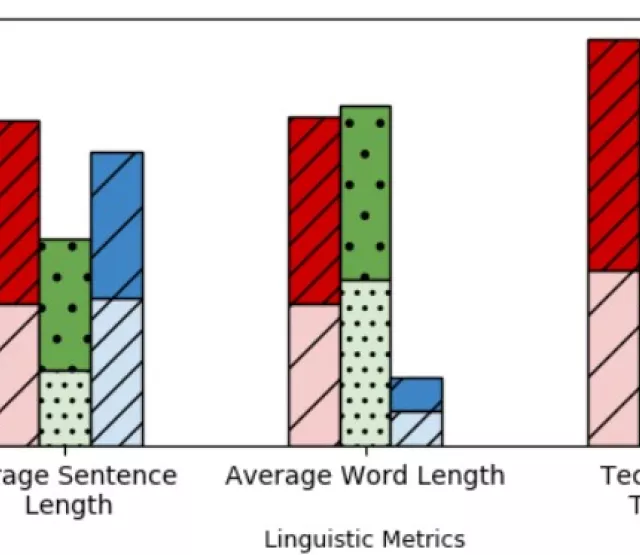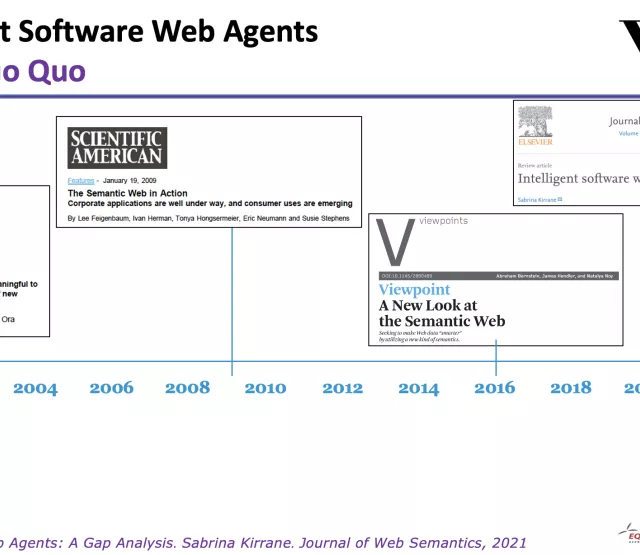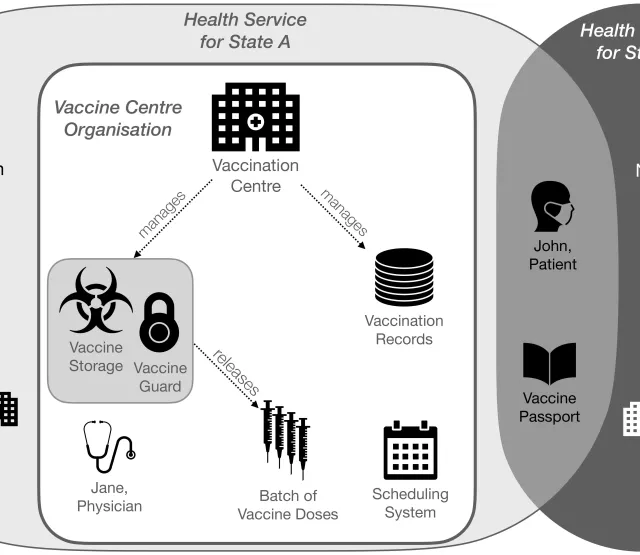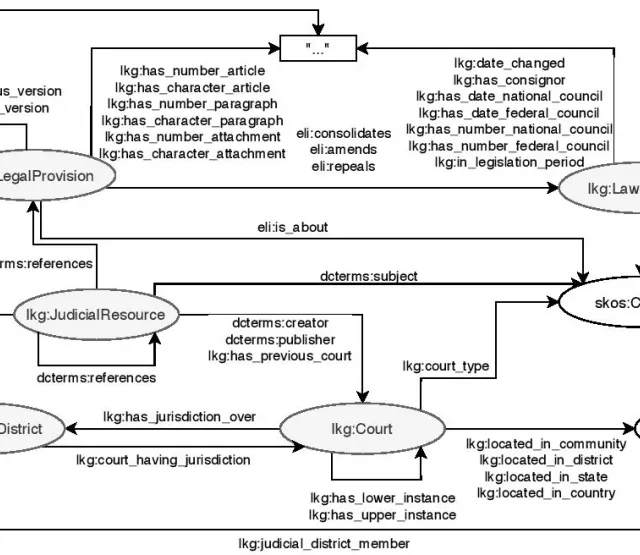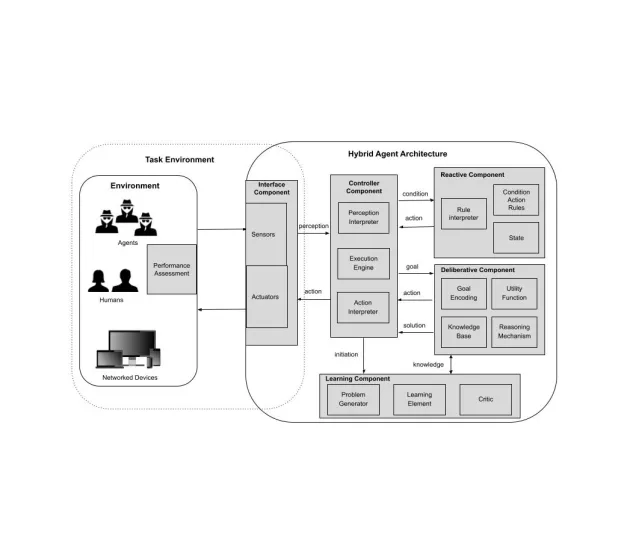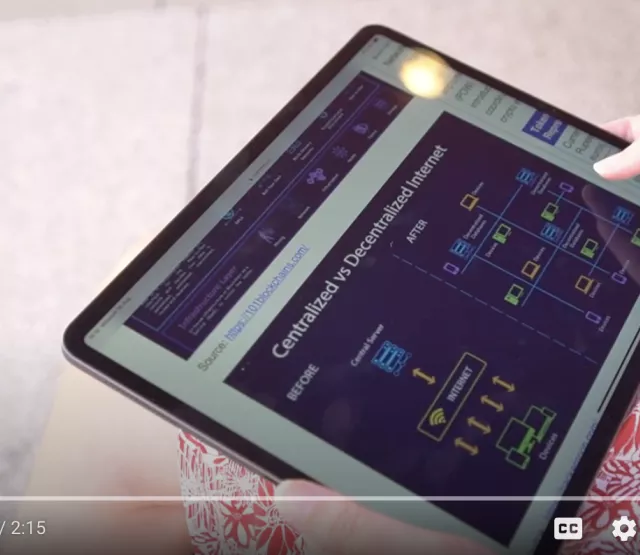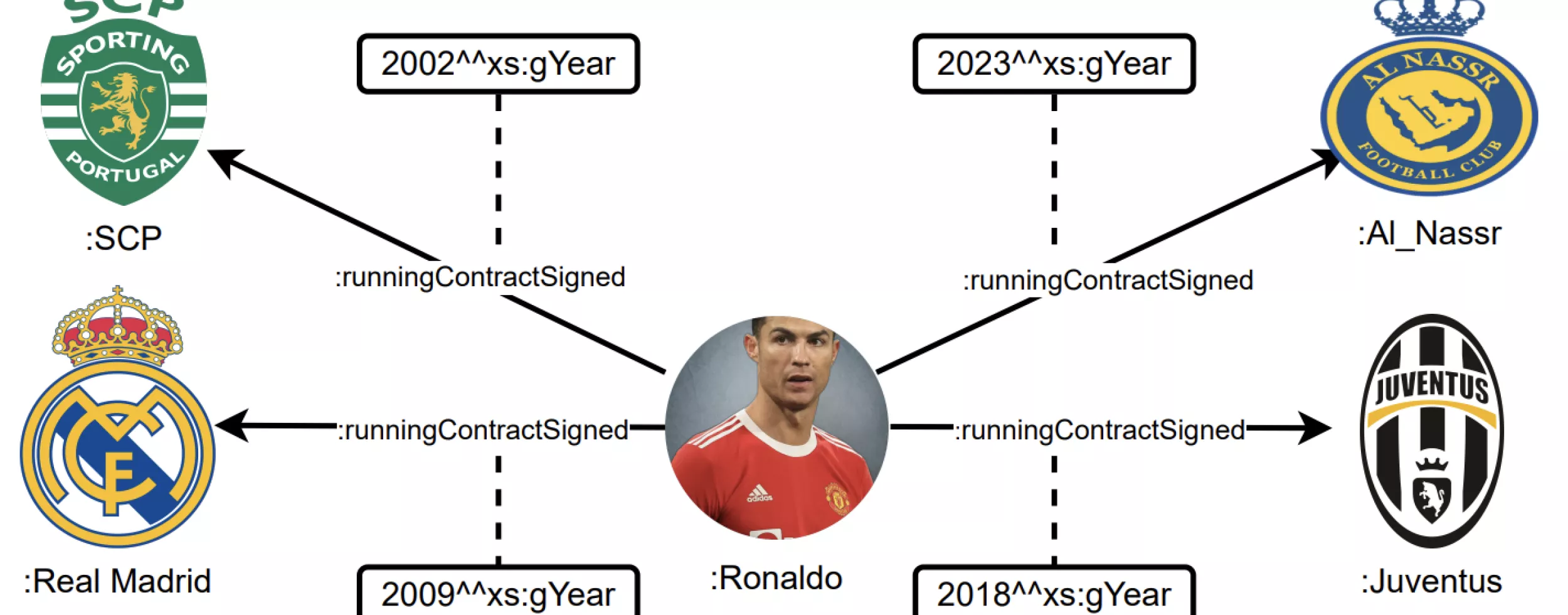
Förderjahr 2019 / Science Call #3 / ProjektID: / Projekt: PENNI: Richtlinienbasiertes Internet der nächsten Generation
Umair Qudus from the Universität Paderborn, who is one of the Knowgraphs Marie Skłodowska-Curie fellows, recently presented a very timely paper on fact checking at the 22nd International Semantic Web Conference. The paper was co-authored by Sabrina Kirrane, Michael Röder and Axel-Cyrille Ngonga Ngomo.
Verifying assertions is an essential part of creating and maintaining knowledge graphs. Most often, this task cannot be carried out manually due to the sheer size of modern knowledge graphs. Hence, automatic fact-checking approaches have been proposed over the last decade. These approaches aim to compute automatically whether a given assertion is correct or incorrect. However, most fact-checking approaches are binary classifiers that fail to consider the volatility of some assertions, i.e., the fact that such assertions are only valid at certain times or for specific time intervals. Moreover, the few approaches able to predict when an assertion was valid (i.e., time-point prediction approaches) rely on manual feature engineering. This paper presents TEMPORALFC, a temporal factchecking approach that uses multiple sources of background knowledge to assess the veracity and temporal validity of a given assertion. We evaluate TEMPORALFC on two datasets and compare it to the state of the art in fact-checking and timepoint prediction. Our results suggest that TEMPORALFC outperforms the state of the art on the fact-checking task by 0.13 to 0.15 in terms of Area Under the Receiver Operating Characteristic curve and on the time-point prediction task by 0.25 to 0.27 in terms of Mean Reciprocal Rank. Our code is open-source and can be found at https://github.com/dice-group/TemporalFC.
Sabrina Kirrane



